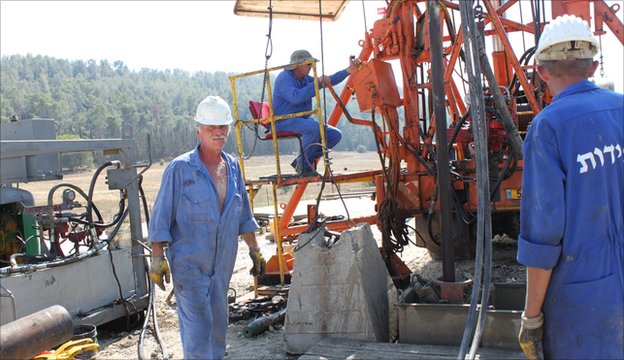Fracking protestors trial at Preston Mags

Three members of the protest group ‘Frack Off’ who are opposed to fracking at the Cuadrilla rig in Southport have gone on trial at Preston Magistrates Court,
Charges that the three face include aggravated trespass, assaulting a security guard and obstructing a person engaged in a lawful activity.
The defendants were protesting at the site operated by Cuadrilla that was given a licence in 2008 to extract gas by pumping water, sand and chemicals into shale rock at pressure.
‘Frack Off’ maintain that the process is environmentally dangerous, but recent reports seem to draw a different conclusion, see this blog, article 31st March 2012 The Royal Academy of Engineering recently released it’s report on Fracking amid some controversy, as the co author is Lord Browne, ex president of the Academy, is a shareholder of Cuadrilla.
“As we made clear at the start, this review is not an exhaustive analysis of all the issues associated with shale gas and we have highlighted a number of issues that we believe merit further consideration, including the climate risks associated with the extraction and subsequent use of shale gas and the public acceptability of hydraulic fracturing.”√جª¬ø
Professor Robert Mair FREng FRS, Chair of the review’s working group said:
“There has been much speculation around the safety of shale gas extraction following examples of poor practice in the US. We found that well integrity is of key importance but the most common areas of concern, such as the causation of earthquakes with any significant impact or fractures reaching and contaminating drinking water, were very low risk.
This is not to say hydraulic fracturing is completely risk-free. Strong regulation and robust monitoring systems must be put in place and best practice strictly enforced if the Government is to give the go-ahead to further exploration. In particular, we emphasise the need for further development and support of the UK’s regulatory system, together with Environmental Risk Assessments for all shale gas operations and more extensive inspections and testing to ensure the integrity of every well.”
The review examined the scientific and engineering evidence relating to the environmental and health and safety risks associated with the onshore extraction of shale gas.
Findings that led to the conclusion that the practice could be undertaken safely include:
· Hydraulic fracturing is an established technology that has been used by the oil and gas industries for many decades in the UK;
· The risk s of contamination of aquifers from fractures is very low provided that shale gas extraction takes place at depths of many hundreds of metres;
· Seismicity (or earth tremors) induced by hydraulic fracturing is likely to be of a smaller magnitude than the UK naturally experiences or than is related to coal mining activities, which are, of themselves, low by world standards;
· Open ponds for storing wastewater (which have been historically used in US fracking operations and carry a possible risk of leakage) are not permitted in the UK and there are numerous facilities in the UK for the treatment of similar wastes from the industrial sector;
· Well established procedures have been developed for the disposal of naturally occurring radioactive materials (which are present in the hydraulic fracturing wastewaters) by the UK’s extractive industries.
A particular cause for concern is that that poor cementation and casing failures of wells could lead to leakages and wider environmental contamination, as they have in some cases in the US. Therefore, the review concludes that the priority must be to ensure the integrity of every well throughout its lifetime.
Assessment of systems of regulation in the UK and examples of best practice led to a number of recommendations that should be implemented if shale gas extraction is to be undertaken safely in the UK. These include:
· Strengthening the UK’s regulators, including providing additional resources as needed;
· Allocating lead responsibility for regulation of shale gas extraction to a single regulator;
· Strengthening the system of well inspections to ensure that well designs are considered not only from a health and safety perspective, but also from an environmental perspective;
· Undertaking appropriate well integrity tests as standard practice;
· Mandating and enforcing Environmental Risk Assessments for all shale gas operations, which should be submitted to the regulators for scrutiny;
· Ensuring robust monitoring of methane in groundwater, seismicity and methane leakages before, during and after hydraulic fracturing;
Originally posted 2012-07-12 00:00:00.


